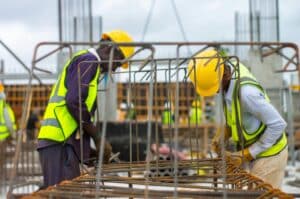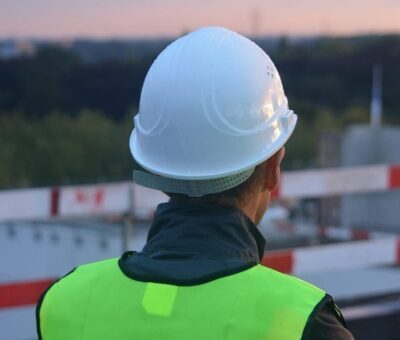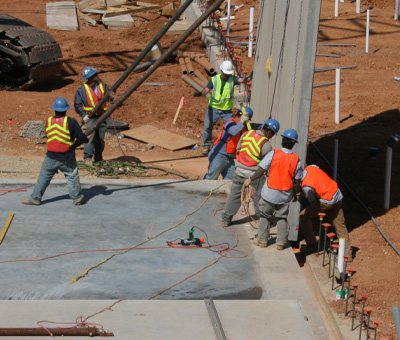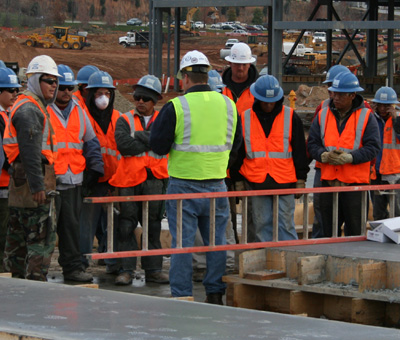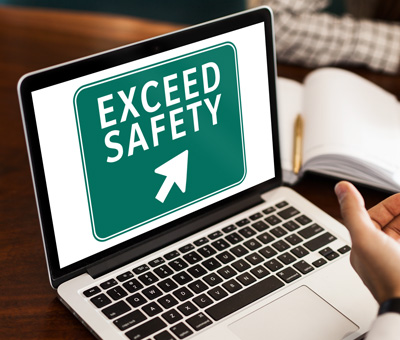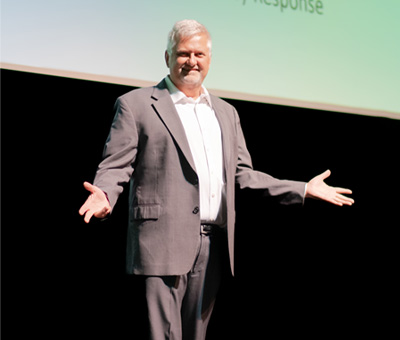The construction industry is often celebrated for its ethos of hard work, resilience, and determination. Yet, beneath the surface of this stoic exterior lie unspoken mental health challenges that can affect even the toughest of workers. The demanding nature of construction work, characterized by long hours, physical strain, and high-stress conditions, poses significant risks to the mental well-being of its workforce. Recognizing and addressing these mental health issues is not only a matter of compassion but a critical step towards fostering a healthier, more productive work environment.
Unveiling the Mental Health Challenges
Construction workers are tasked with physically demanding jobs that require them to endure long hours in varying weather conditions, meet tight deadlines, and manage safety risks. This intense combination of stressors can lead to a high incidence of mental health issues within the industry. However, a pervasive stigma around mental health often discourages individuals from seeking the help they need, fearing judgment or repercussions. This silence around mental health struggles only exacerbates the problem, creating an environment where workers feel isolated in their struggles.
The Impact of Neglected Mental Health
Ignoring mental health issues doesn’t just harm the individual; it affects the entire workplace. Stress, anxiety, and depression can severely impair cognitive functions, decision-making, and concentration, increasing the likelihood of accidents and injuries on the job. Moreover, poor mental health can lead to absenteeism, high turnover rates, and diminished morale among workers, negatively impacting project timelines and budgets. These consequences highlight the urgent need for a comprehensive approach to mental health in the construction industry.
Building Supportive Structures
Creating a supportive work environment for construction workers requires a multifaceted approach that encompasses awareness, education, and accessible support services. Employers play a pivotal role in this transformation by implementing strategies that promote mental well-being:
- Education and Training: Raising awareness about mental health issues and providing training on how to recognize and address them can demystify mental health challenges and encourage open dialogue.
- Access to Counseling Services: Offering easily accessible counseling services ensures that workers have the support they need to navigate their mental health struggles.
- Peer Support Networks: Establishing peer support networks fosters a sense of community and belonging, making it easier for workers to share their experiences and seek help.
- Flexible Work Arrangements: Adapting work schedules to accommodate personal needs can help alleviate the stress associated with long, inflexible work hours.
- Promoting Work-Life Balance: Encouraging a healthy balance between work and personal life is essential for mental well-being.
Prioritizing Mental Health: A Win-Win for Everyone
Prioritizing mental health in the construction industry is both a compassionate and strategic choice. By addressing the mental well-being of employees, employers can not only enhance the safety and productivity of their workforce but also create a more inclusive, supportive work environment. This commitment to mental health can lead to happier, more engaged employees who are better equipped to tackle the challenges of their roles, benefiting both the individual and the organization. As the industry continues to evolve, integrating mental health support into the fabric of construction culture is imperative for building a resilient, thriving workforce.
Building Safety from the Start with Prevention Through Design
In workplace safety, the best results come from stopping hazards before they ever reach employees. While training, procedures, and personal protective equipment (PPE) are important, the most effective approach is to design hazards out of the workplace from the beginning. This approach is known as Prevention through Design (PtD). What is Prevention through Design? Prevention…
Continue Reading Building Safety from the Start with Prevention Through Design
Emergency Preparedness: Staying Ready
Whether a misstep causes a fall or a natural disaster causes an evacuation, emergencies happen. Emergency preparedness and response can mean the difference in avoiding an injury or ending with a fatality. Emergencies come with little to no warning. While we may think these are extreme situations that will “never” happen to us, the reality…
Continuous Improvement and Immersive Training in Action
Construction is a dangerous business. Risks are constant, standards shift, and complacency can be deadly. For Jennifer Lastra, a U.S. Navy veteran and current CEO of 360 Immersive, corporate-style training falls far short. True safety begins with continuous improvement, supported by real engagement on the job. Training Should Go Beyond a Click-Through Box “Corporate training…
Continue Reading Continuous Improvement and Immersive Training in Action



